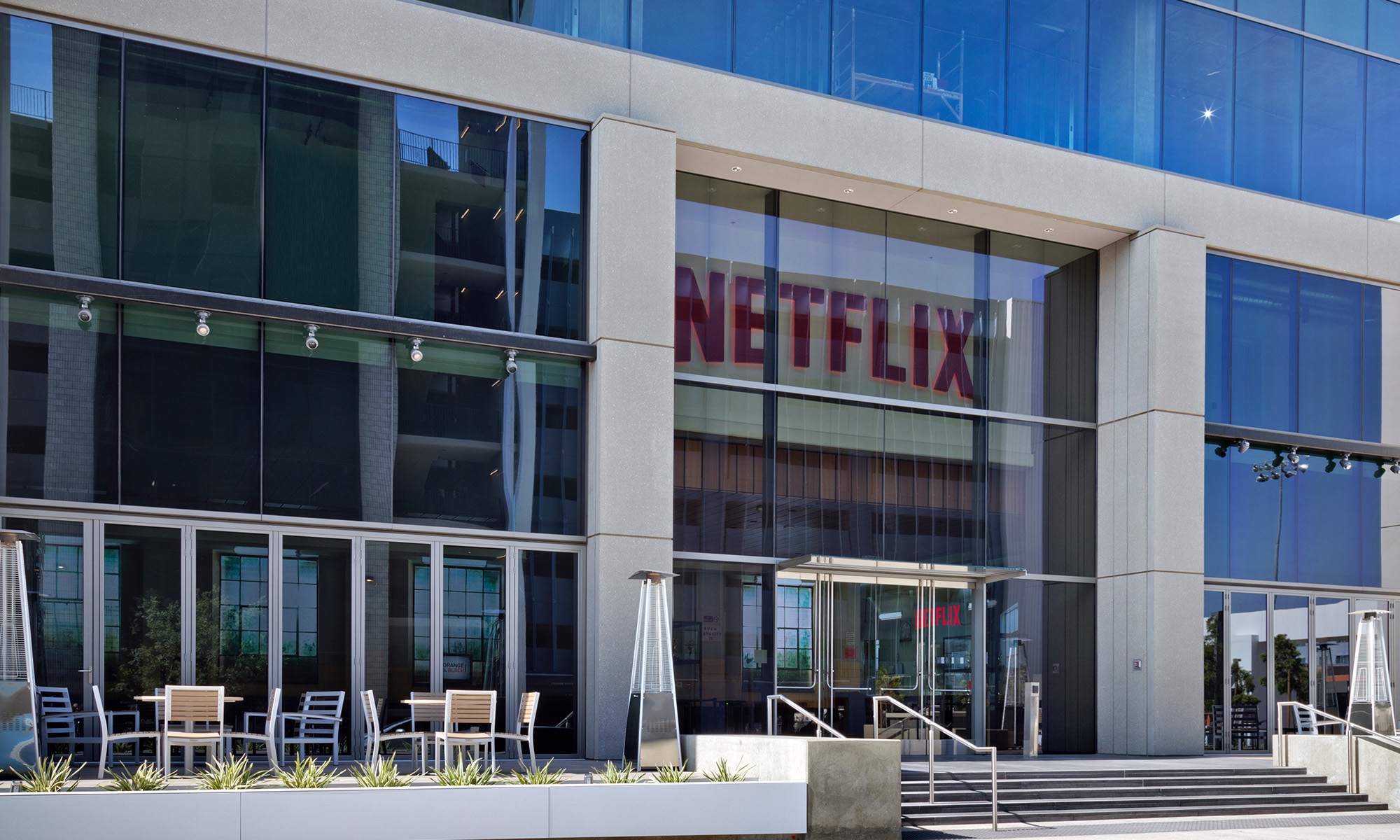Netflix (NFLX +0.73%) has been a life-changing investment by many accounts. The DVD-by-mail specialist and streaming leader has generated stock market gains of more than 24,000% -- and that's after losing about 30% of its value over the last 12 months. This makes the streaming giant one of the best-performing growth stocks over the past decade.
Over the past couple of years, however, Netflix's domestic growth has slowed, the inevitable result of its massive user base. With more than 60 million paid memberships in the country, Netflix recently suffered its first user loss since 2011, shedding about 130,000 domestic subscribers. The company blamed the results on its historically challenging second quarter and a weaker slate of original content, but it's also facing saturation in its oldest market.
At the same time, ad-supported streaming pioneer Roku's (ROKU +0.38%) growth is accelerating -- and it may eventually surpass Netflix's subscriber base.

Image source: Roku.
The streaming tide may be turning
In raw numbers, Roku was already growing more quickly than Netflix. In 2018, Roku's active account base grew to 27.1 million, adding nearly 8 million new customers, a 40% increase year over year. At the same time, Netflix added just 5.68 million subscribers, up 11% compared to the prior year.
That disparity continued into 2019, as Roku gained 3.4 million active accounts during the first half of the year, more than double the 1.61 million added by Netflix. The differing growth rates are easily explained away by penetration. Netflix is already found in nearly half the homes in the U.S, so it's only natural that its growth would slow at the market becomes more saturated.
Another factor that could be impacting the comparison is the different business models. While Netflix charges subscribers a monthly fee for its ad-free streaming, Roku's service is free and supported by advertising, attracting consumers that may want to increase their viewing options without adding another monthly subscription.
According to one analyst, however, Roku's growth is actually ahead of Netflix at the same point in the company's life cycle.
Further along?
Ralph Schackart, an analyst with William Blair, believes that Roku will see a similar trajectory in its global growth story. "In our view, Roku will experience similar phased stages of international growth as Netflix did during its international expansion," Schackart wrote in a note to clients on Tuesday.
"Looking at Roku's most recent nine quarters against those of Netflix in the beginning stages of [its international growth], Roku, on average, achieved 9% quarter-over-quarter growth, compared with Netflix's average of 8%," he said.
Schackart is forecasting that by 2025, Roku will boast 80 million active accounts, generating platform revenue of $4.5 billion. He also believes that 89% of that revenue will be earned in the U.S., with significant international growth still to come. This would come from average revenue per user (ARPU) of $58, more than double its current rate of about $21, suggesting compound annual growth of 16% between 2019 and 2025.

Image source: Roku.
A runaway train
A look at Roku's most recent quarter helps put the matter into perspective. While revenue grew 59% year over year, the company's platform revenue (which is largely advertising) increased at an even faster rate, up 86% compared to the prior-year period. Active accounts grew 39% year over year, while streaming hours surged 72% to 9.4 billion. ARPU climbed to $21.06, up 27%.
Additionally, the company is the No. 1 television streaming platform in the U.S., found in more than 41 million over-the-top devices and smart TVs in the country, and controlling about 39% of the streaming media player installed market in the first quarter.
These surging metrics have caused the stock price to soar, up more than 375% this year alone. Schackart thinks that's just the beginning, projecting "100%-plus stock upside potential" by 2024.
With that type of eye-popping growth and remaining potential, Roku's subscriber growth could eventually overtake Netflix's, and Roku shares could generate Netflix-type gains over the coming decade.







